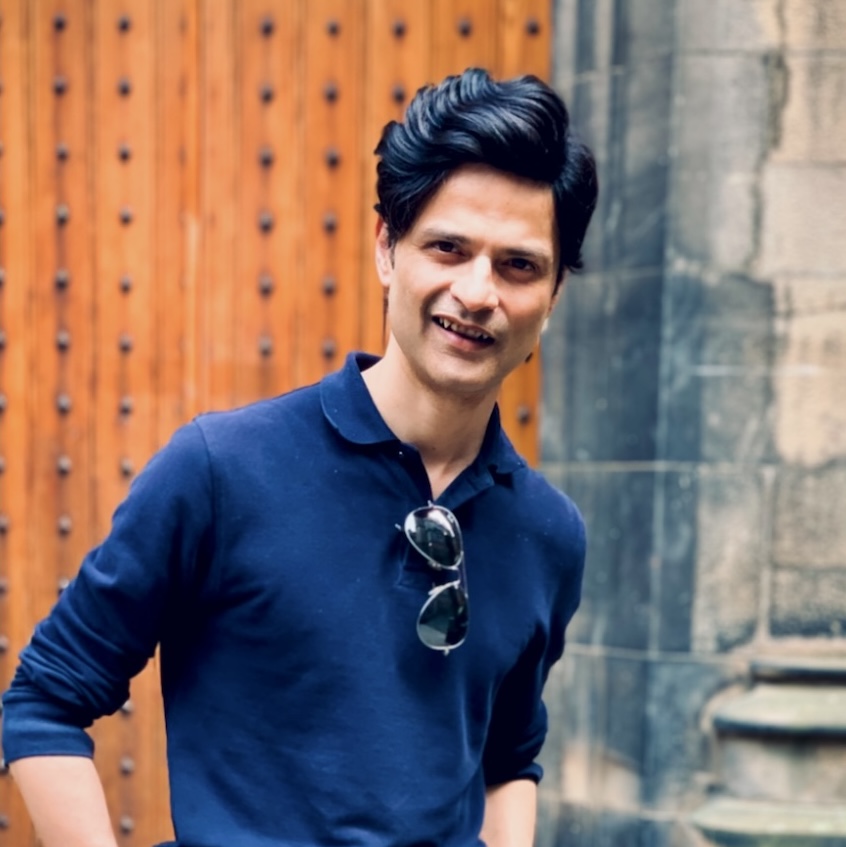
Aishwary Kumar
Professor, Director of The Democracy Institute
History, College of Letters, Arts, and Social Sciences
Phone number
(909) 869-3588
Office location
Building 94-331, Building 1-212
Office hours
M W F | 9 AM - 11:30 AM

Professor, Director of The Democracy Institute
History, College of Letters, Arts, and Social Sciences
(909) 869-3588
Building 94-331, Building 1-212
M W F | 9 AM - 11:30 AM